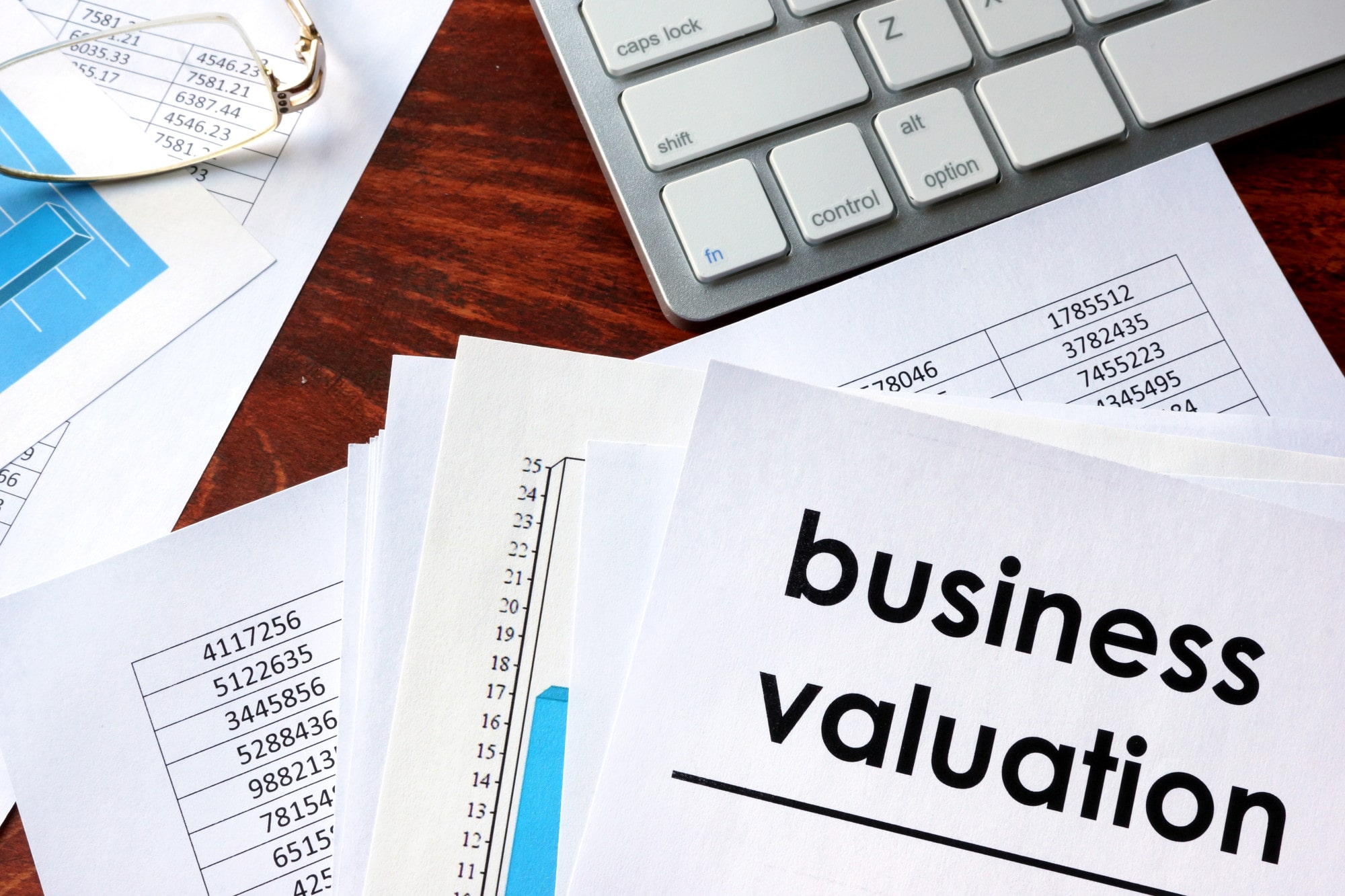Did you know that the way real estate gets analyzed is like how stocks get analyzed?
Are you worried about how your rental property will get valued? Do you find yourself grasping at straws on how inspectors think?
You're not alone. Many landlords worry about what their property is worth in the current market.
A rental valuation can be a daunting process, but it doesn't have to be. Once you know how inspectors think, you"ll learn when you're getting a fair rental value for your property.
Want to learn how rental valuation works? If so, then read on!
The Sales Comparison Method
A rental analysis will estimate the rental value of a property. The most common method is the sales comparison method. This method uses recently closed rental transactions of similar properties to calculate value.
To compare your rental property to others, rental inspectors will consider:
- The location of the rental property
- The type of rental property
- The number of rental units
- The rental income
Rental property inspections use these factors to estimate your property's rental value. It's important to understand that rental value isn't the same as market value.
The Multiplier Method
Sometimes the sales comparison method isn't the best way to value rental properties. When this is the case, rental inspectors will use the multiplier method.
The multiplier method is a rental valuation technique. It uses the sale price of a similar property to estimate the rental value of your property.
To use this method, rental inspectors will find a recent similar transaction. Next, they'll divide the sale price by the rental income of that property. This number is the rental multiplier.
Finally, rental inspectors will multiply the rental multiplier by your property's rental income. This result will be the estimate of your property's rental value.
It's important to note that the rental multiplier method isn't always accurate. In some cases, it can overvalue or undervalue rental properties.
What Are the Risk Factors?
Property maintenance issues are the most common problems landlords face. It'd be easier if all rental properties were the same. The reality, of course, is different.
Property age and location are other risk factors that inspectors will consider. If you have an older property, it may not be worth as much as a newer one. Older properties mean higher maintenance expenses.
Rental property management companies can help you keep your property in good condition. These companies will know how to handle risk factors during rental valuations.
Rental Valuation Done Right
Now you know the ins and outs of rental valuation. Remember, keeping your property in good condition is the most important thing. If you do, you'll be sure to get a fair rental value for your property.
Landlords, don't forget to get rental insurance! It's the best way to protect your rental property.
Want a free rental price analysis? Check out our property management services!







